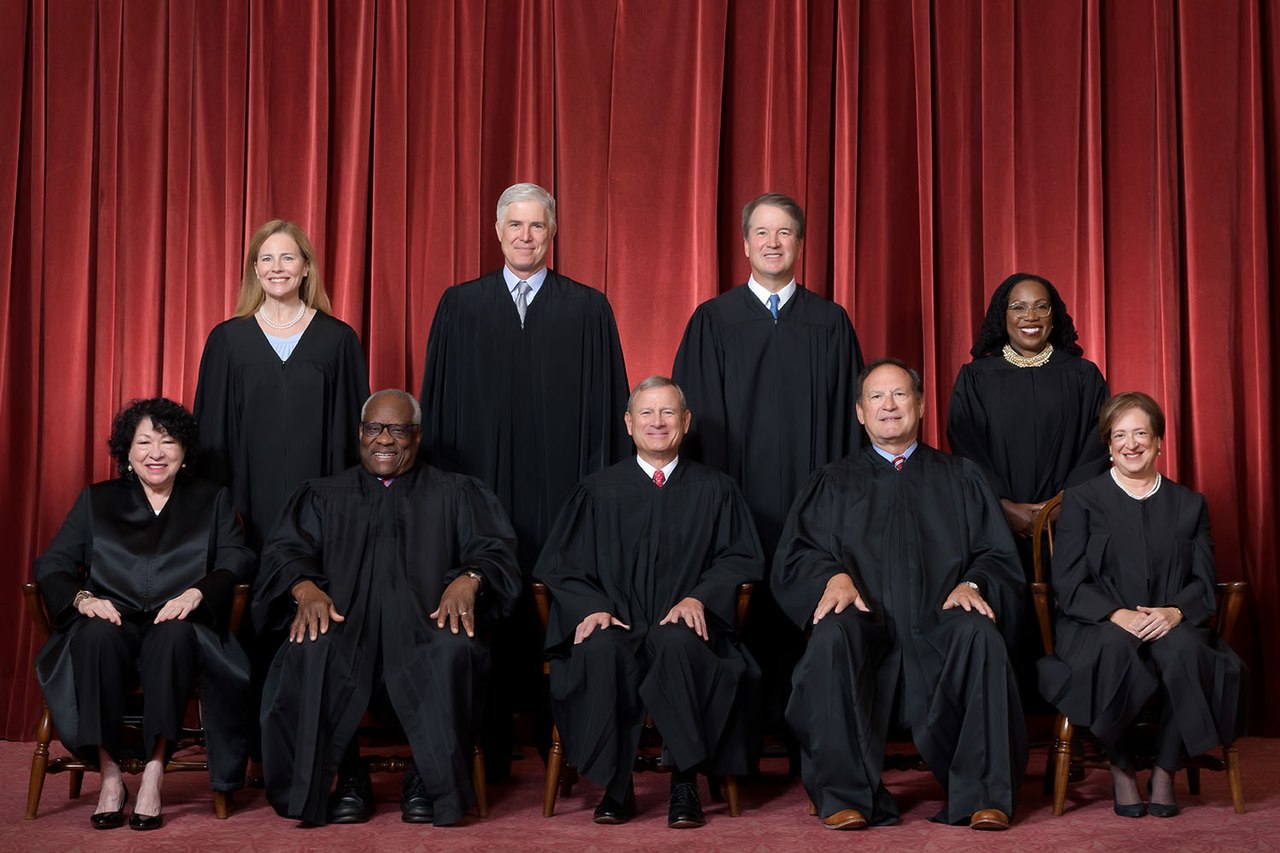A recent Supreme Court decision has opened the door for states like Pennsylvania to create strict rules about how votes are counted, allowing minor errors to result in ballots being thrown out. Traditionally, voting rights in the U.S. have been protected against barriers that act like “tests” to qualify people’s votes, because in the past, these tests were used to unfairly block people from voting. But with this new ruling, we’re seeing rules that function as a “test” creeping back in.
What’s Happening in Pennsylvania?
In Pennsylvania, voters who send in mail-in ballots must write the correct date on their ballots. If they make even a small mistake, like accidentally writing their birthdate or a slightly incorrect date, their votes won’t be counted—even if the ballots arrived on time. Critics argue this rule serves no purpose other than making it easier to toss out ballots for minor errors. After all, if a ballot is submitted on time, does it really matter if the date is a day off?
Voting rights lawyers have tried to stop Pennsylvania’s strict date rule, arguing it doesn’t actually protect election integrity and only hurts voters. However, Pennsylvania’s Supreme Court decided not to challenge the rule, likely out of fear of violating a recent U.S. Supreme Court ruling, Moore v. Harper. That case emphasized that state legislatures have a lot of power over election rules, and it hinted that state courts could be overstepping if they try to protect voting rights too aggressively.
How Does This Become a “Test” for Voting?
Traditionally, tests that make it harder for people to vote have been seen as unfair and unconstitutional. For example, literacy tests used to be a way to stop people from voting if they didn’t pass, and these were later banned because they were unfair and targeted certain groups. But with this new ruling, we’re seeing a version of that “test” come back, where people have to meet strict, unnecessary requirements—like writing an exact date on a ballot—to have their vote counted.
In Pennsylvania, the date rule is becoming a modern-day “test” for voters. If you don’t write the exact correct date, your vote won’t count, even if you’ve followed all other rules. This requirement doesn’t actually check a voter’s eligibility or prevent fraud; it just adds another hurdle that people must clear to ensure their votes aren’t tossed out.
What’s the Supreme Court’s Role?
The Supreme Court decision in Moore v. Harper set up the idea that state legislatures should have a lot of control over election rules, and it limited how state courts can interfere to protect voting rights. Because of this, Pennsylvania’s Supreme Court chose not to challenge the date rule, likely worried that the U.S. Supreme Court would step in and reverse their decision. This fear of being overturned by the Supreme Court now stops state courts from stepping in to protect voters against unreasonable rules.
Justice Samuel Alito, along with other conservative justices, has suggested that they would support limiting state courts even more when it comes to protecting voting rights. This stance signals that the Supreme Court might allow more barriers to voting—like date requirements—that act as “tests” for whether a vote will count.
Why This Matters for Future Elections
With these new barriers in place, voting in Pennsylvania and other states could become more challenging. Small mistakes, like writing a slightly incorrect date, might stop people from having their voices heard, even though these errors don’t impact the validity of the ballot. This sets a troubling precedent where minor technicalities become a test for whether your vote matters.
The Supreme Court’s recent decisions are allowing these “tests” to come back in a different form, threatening the idea that every vote should count. In Pennsylvania, thousands of voters are already losing their right to vote over small errors, and unless the rules change, many more may face similar issues in the future. This approach risks silencing voters over technicalities, making the act of voting feel less like a right and more like something you can fail if you don’t “pass” the test.





